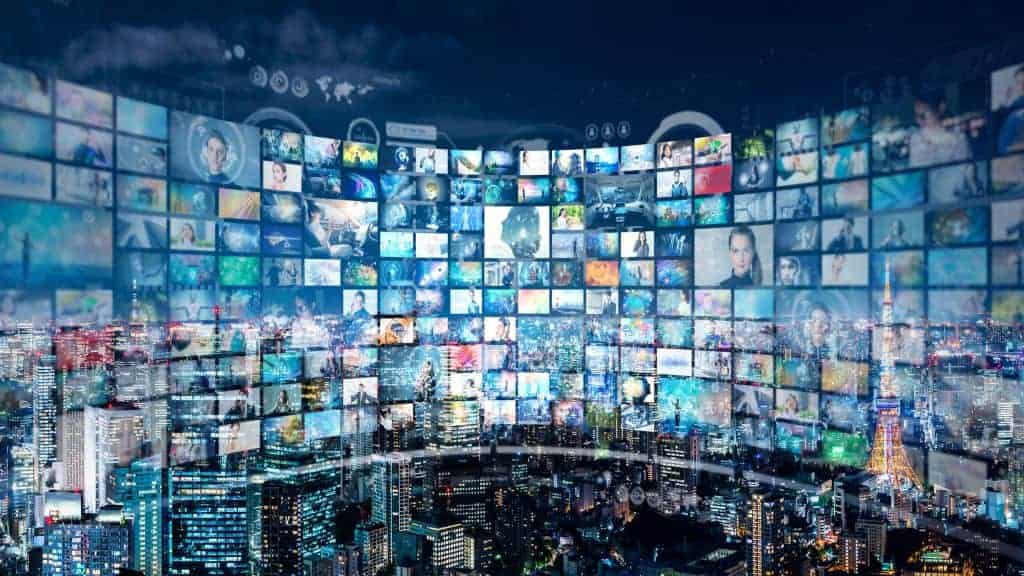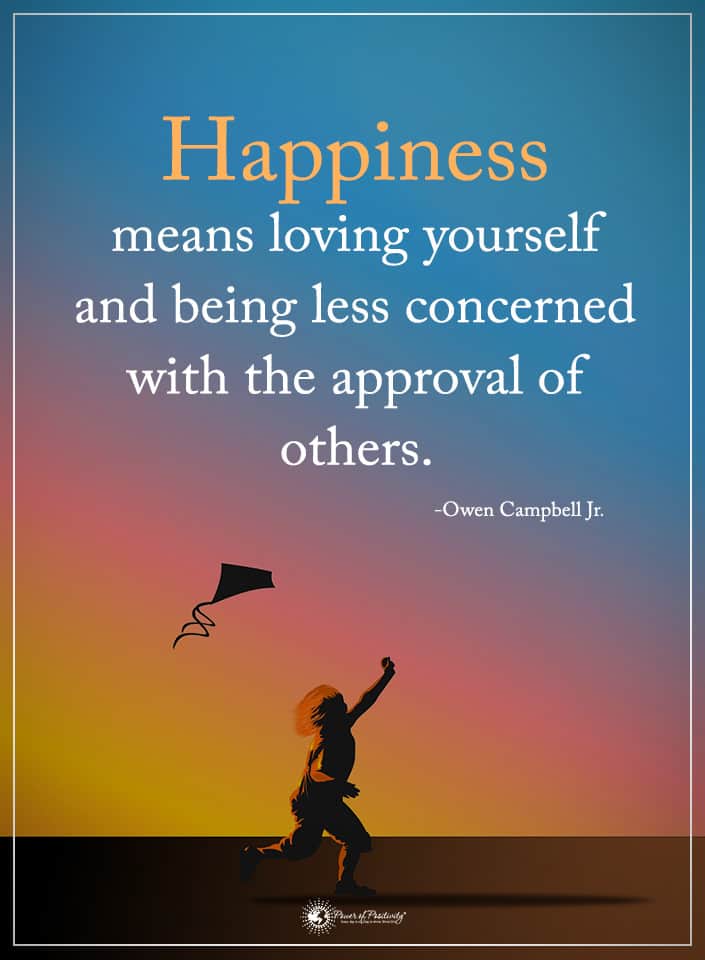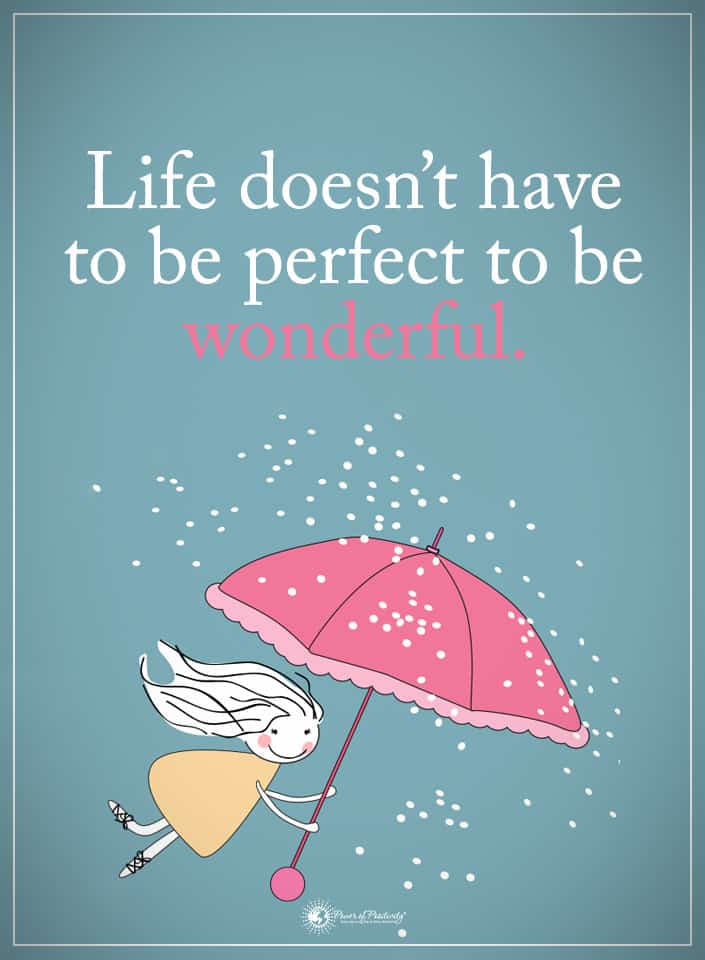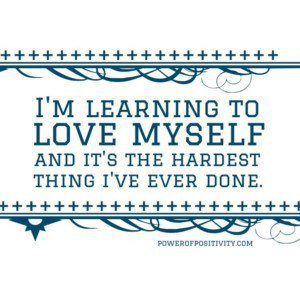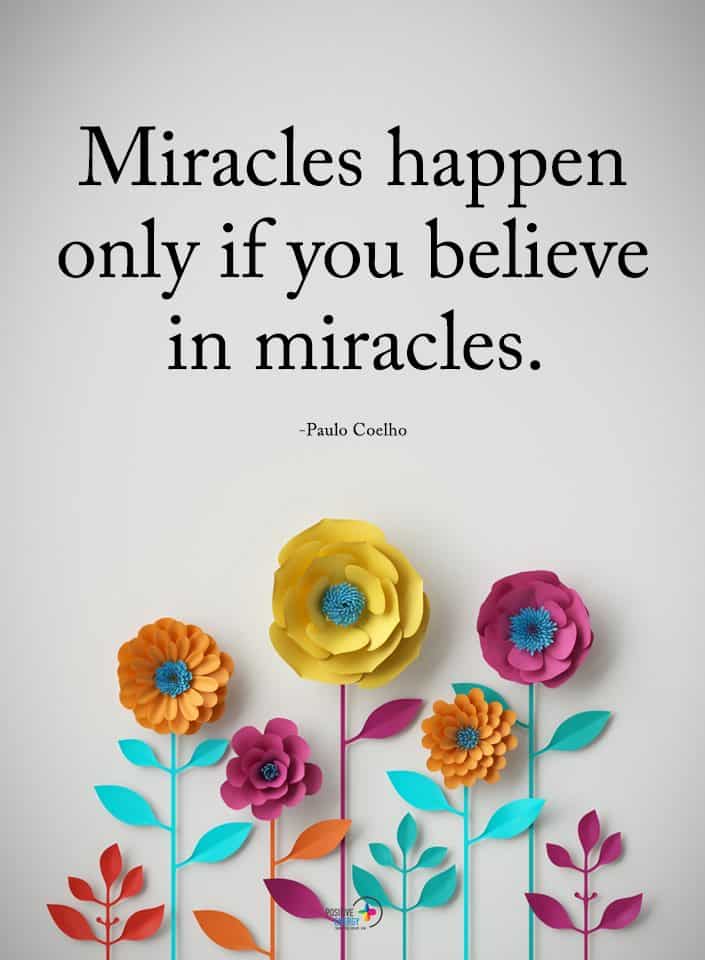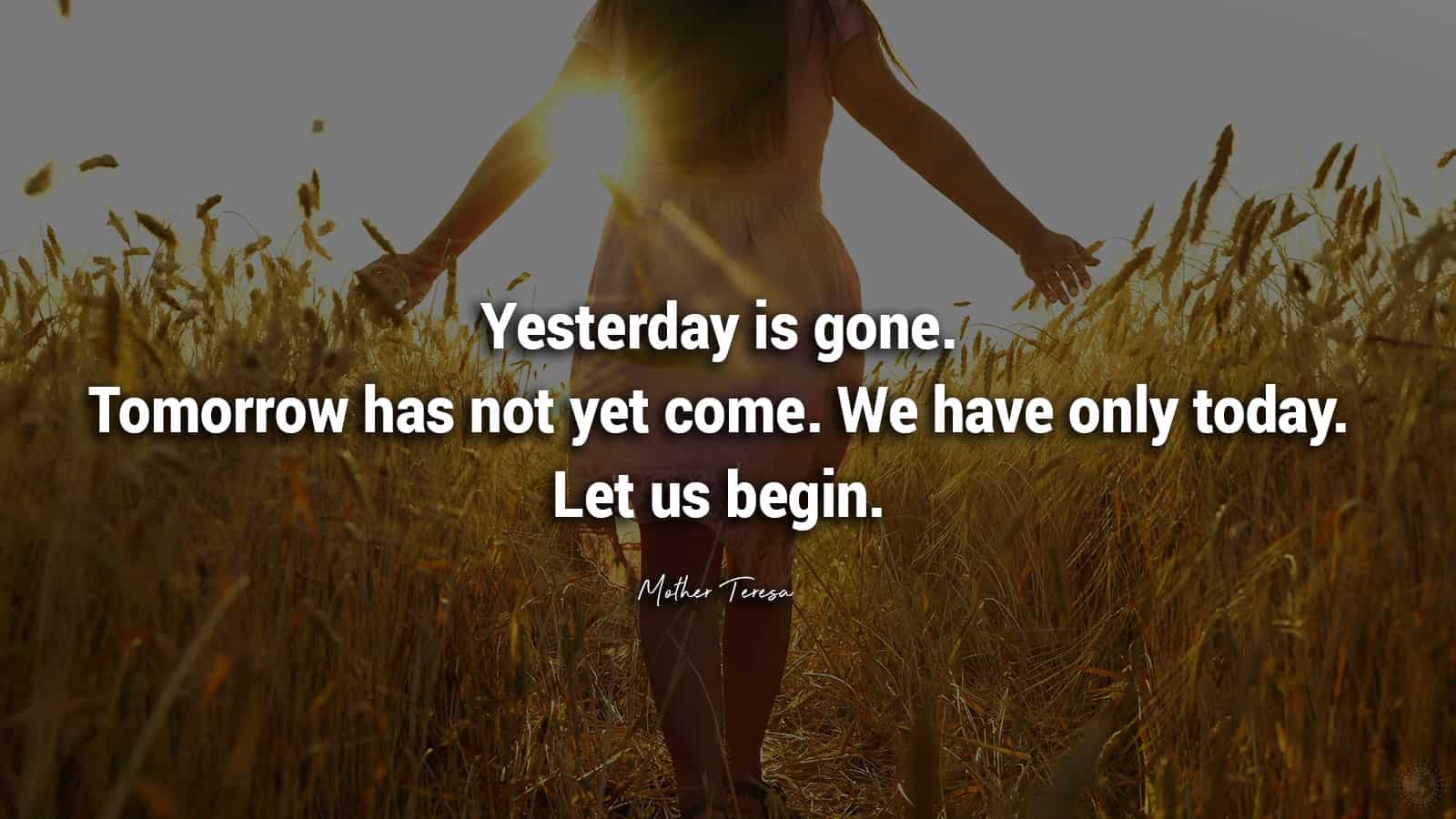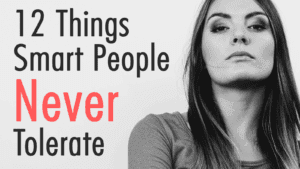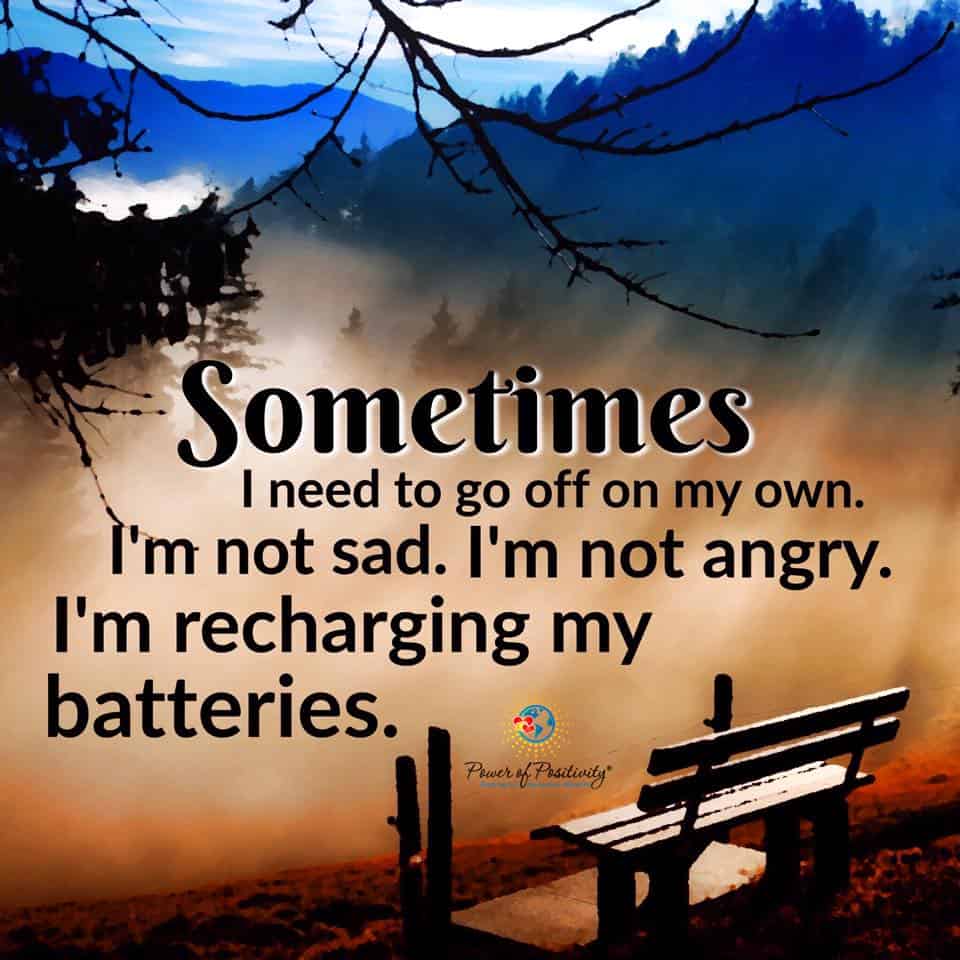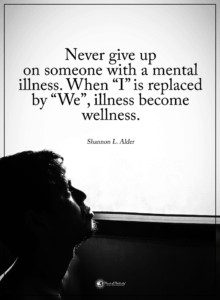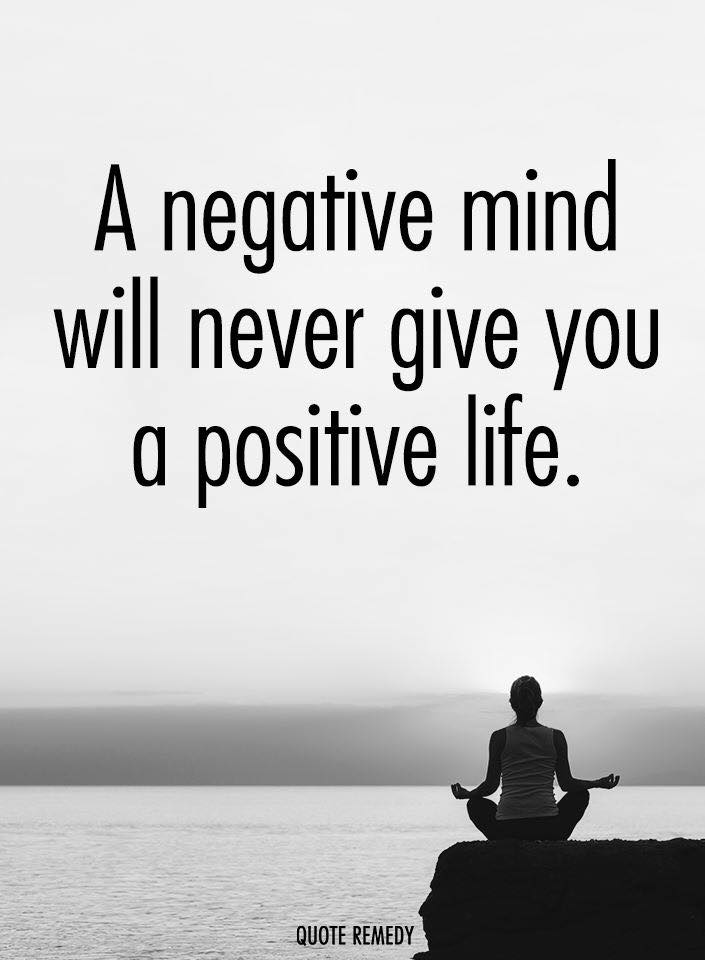(Editor’s Note: As these numbers rise daily, the numbers in this article may not be up to date. For further data information, please reference the Centers for Disease Control.)
With over a million cases of COVID-19 worldwide, many hospitals and healthcare facilities have struggled with supply shortages. As new patients flood hospitals daily, nurses and doctors continue to work overtime. They often need to reuse masks to care for those with the virus.
In Italy, doctors have even been forced to decide who would live or die due to a lack of ventilators. One elderly woman in Belgium made the decision for herself to turn down a ventilator so that the younger patients could have a chance to live.
A Selfless Act
Suzanne Hoylaerts from Binkom, Belgium, told doctors,
“I don’t want to use artificial respiration. Save it for younger patients. I already had a good life.”
She went to the hospital on March 20, 2020, after having symptoms such as lack of appetite and shortness of breath. Her condition continued to deteriorate and doctors said she would have to use a ventilator to survive.
After testing positive for coronavirus, doctors moved her to an isolated room, and her daughter Judith could not even visit. Sadly, she died on March 22, two days after arriving at the hospital.
Judith said to a reporter for the Dutch newspaper Het Laatste Nieuws, “I can’t say goodbye to her, and I don’t even have a chance to attend her funeral.”
Judith said she didn’t know how her mother caught the virus because she stayed home. She carefully followed the protocols enforced by city officials.
Thus far, there have been over 16,000 cases reported in Belgium, with over 1,000 deaths. Almost 3,000 patients have recovered so far.
Sadly, a 12-year-old girl in Belgium became Europe’s youngest citizen to die from the virus. Earlier this week, Spain, France, and Britain reported huge spikes in daily death dolls from the virus.
In the United States
In the U.S., spikes in cases and deaths occurred as well. Currently, there are over 266,000 cases in the U.S. and over 7,000 deaths, according to a live map by Johns Hopkins University. In New York, temporary hospitals were built to house patients as the number of cases surge across the state. The U.S. now has more than double the number of cases as Italy and leads the world in the overall number of cases. Some scientists have predicted that in the next few months, the U.S. could see up to 200,000 deaths from the virus. They say we should hope for the best, of course, and continue with social distancing and handwashing procedures to keep the spread contained.
Final Thoughts: Flattening the Curve to Avoid Ventilator Shortages
On a brighter note, countries such as Italy and Spain now see a slowdown in the number of cases. Some of China’s cities and businesses have begun to reopen as well. We try to flatten the curve across the globe. Meanwhile, we can find comfort in the fact that life will get back to normal after this subsides. For now, let us all continue to do our best to save lives and stop the spread of this nasty virus.
Let’s continue to take care of each other, practice social distancing, look out for our neighbors, eat well, and practice good hygiene. We will get through this together.

